We’ve used this space to write about interest rates a few times before. Part of the reason we do that is that we’re insufferable nerds.
The second reason is that a significant advantage associated with investing in real estate — as opposed to some other asset classes — is that it’s comparatively easy to lever up with cheap debt to finance successive acquisitions and improve returns.
Another reason is that interest rates are important economic indicators; although we’re firm believers in real estate’s counter-cyclicality, that doesn’t mean it isn’t influenced by economic developments.
And right now, economic developments are coming thick and fast — so we thought it’s about time for a rates update.
The State of Play
Last year, the general impression from the Federal Reserve was that rates would stay low until 2022 or 2023 to stimulate a pandemic-ravaged economy. Cheap debt, or so the reasoning goes, encourages borrowing, which results in economic growth. The problem is that too much circulation (what economists sometimes call the velocity of money) results in too much money chasing too few goods — which means inflation. Despite low rates, inflation stayed under control until late last year.
Now, in mid-2022, the situation is very different. 8.5% inflation in March marked a 41-year high, and although the April numbers were marginally better, the difference is pretty minor. If the theory is that lower rates encourage borrowing and inflate the money supply / velocity, then higher rates — in theory — should have the opposite effect.
So, it’s unsurprising that, in response to significant inflation, the Fed raised rates 0.5% earlier this month. That doesn’t sound like much, but it is. What’s more, Chair Jerome Powell hasn’t exactly been shy about the prospect of continuing to raise them until the economy stabilizes.
How does that work?
When the Federal Reserve raises interest rates, they’re functionally increasing the cost of money. Banks borrow from the Federal Reserve — and from other, non-Fed banks — to stabilize their finances overnight. When the Federal Reserve adjusts the interest rate banks pay for the privilege, that has a downstream effect on the price banks pay each other, and the price borrowers — like you, me, and investors — pay for loans.
It might initially seem a little unintuitive to think about money having a price. But when you think about it that way, you’ll realize the basic theory is just supply and demand. The more money costs, the less of it people will take. When banks borrow less, the money supply contracts because less money is in circulation. And when that happens, because less money is chasing (theoretically) the same amount of goods, those goods cost less.
Which means inflation should reduce.
What does this mean for real estate investors?
There’s one sense in which rising rates are clearly bad for real estate investors: because real estate investment is largely funded by cheap debt, raising the cost of loans threatens to make investments less profitable. What’s more, inflation can be a debtor’s friend, because it amplifies the returns investors can earn on appreciation.
But there’s two complicating factors.
First, real estate investors — just like the sellers of any other good or service — generally benefit from a healthy economy. Out-of-control inflation is bad for basically everyone. So, if increasing rates keeps inflation at bay and prevents the economy from capsizing, it might be worth the increase in borrowing costs.
Of course, part of the reason we like workforce housing is that it’s resistant to economic ebb and flow. Demand for affordable housing is fairly inelastic, because it meets a basic human need.
But, bad economic conditions are still — all else equal — bad economic conditions. Raising the cost of borrowing, or increasing the cost side of the balance sheet faster than investors can keep up with will erode the bottom line.
The second complicating factor is that interest rates are correlated with cap rates. For a more comprehensive explanation of how that works, click this snazzy blue hyperlink. The basic idea is that cap rate equals an unlevered investor’s annual expected return. On that logic, cap rates equal the risk-free base rate plus a risk premium. The risk-free rate is basically equal to the rate the Federal Reserve charges — the theory is, T-notes are the least risky investment.
Soooo, if the risk-free rate increases, cap rates — all else equal — will rise too. And, because cap rates are also one way of expressing a property’s market value (because cap rates express returns as a function of value), rising cap rates suppress market values and reduce returns from appreciation.
So, theoretically, there’s a concern that investors looking to cash out will face depressed sale prices in higher-rate environments.
Fortunately, we haven’t really seen the cap rate increase yet. In fact, cap rates have been falling for years. We think part of the reason for that is that real estate investments, particularly in the multifamily space, are being perceived as lower-risk investments. Another possibility is that cap rates aren’t going up because liquidity is still high.
Concluding Remarks
The bottom line: increasing rates can sometimes pose problems for real estate investors, and rates probably will continue to rise for the rest of the year, but right now we’re not too concerned.


